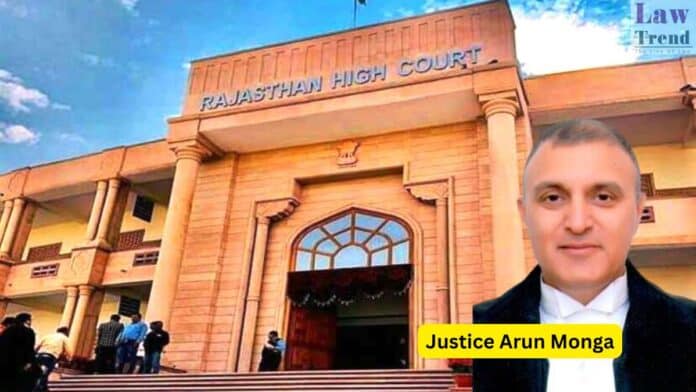In a landmark judgment, the Rajasthan High Court has quashed an FIR filed against Sapna Nimawat, a Scheduled Caste (SC) devotee, who was accused of trespassing into the Mahakaleshwar Mahadev Ji Siddh Dham temple in Udaipur. The court ruled that restricting access to the temple by the trustees was a violation of the petitioner’s fundamental
To Read More Please Subscribe to VIP Membership for Unlimited Access to All the Articles, Download Available Copies of Judgments/Order, Acess to Central/State Bare Acts, Advertisement Free Content, Access to More than 4000 Legal Drafts( Readymade Editable Formats of Suits, Petitions, Writs, Legal Notices, Divorce Petitions, 138 Notices, Bail Applications etc.) in Hindi and English.




